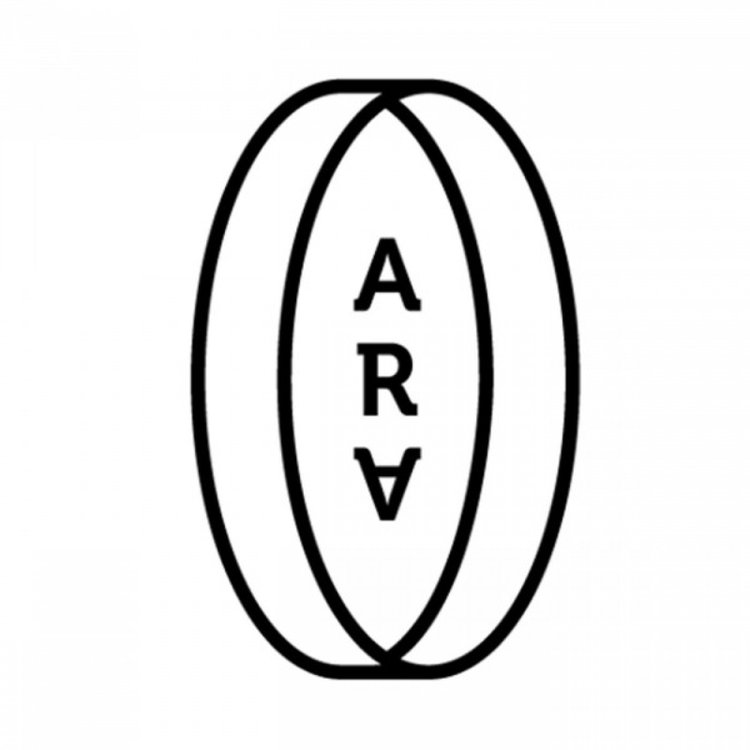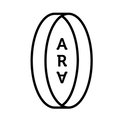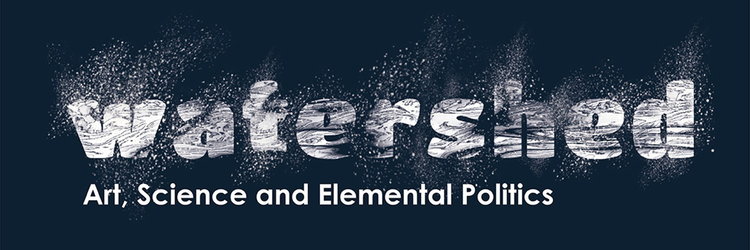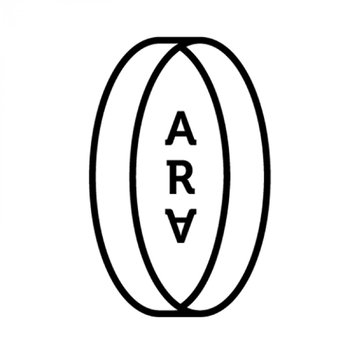
ARA Podcast - Did Watershed bridge the Art-Science divide?
Loading player...
Did the Watershed Conference bridge the Art-Science chasm? A dialogue between Prof Lenore Manderson and Christo Doherty.
This is the 7th dialogue in the Arts Research Africa, Creative Work Supervision series in The Wits School of Arts and was held on Wed 17 October.
Lenore Manderson conceptualised and directed the historic, Watershed: Art, science and elemental politics, conference at Wits this Septermber. The conference was driven by her conviction that art research practices are as necessary as physical science investigations to engage with the massive implications of climate change and pollution, ecological crises and environmental justice, particularly in South Africa.
The conference brought together artists, engineers, scientists, and activists, recognising them as people working in distinctive ways on knowledge systems, stewardship, water insecurity and threats to planetary survival. Practicing artists, from India, USA, Peru, and South Africa were a central component of Watershed, presenting their work in the form of installations; performance interventions and walks; poetry and book readings; and exhibitions across the Wits campus; while also engaging with the discourse of scientists, engineers, and activists in panel discussions and seminars.
In this dialogue Doherty and Manderson discuss the background to the conference and the international experiences which informed the curation of the event. They also address the effectiveness of such an event to create new forms of engagement and new imaginings of the issues raised by questioning water in a transforming society.
This is the 7th dialogue in the Arts Research Africa, Creative Work Supervision series in The Wits School of Arts and was held on Wed 17 October.
Lenore Manderson conceptualised and directed the historic, Watershed: Art, science and elemental politics, conference at Wits this Septermber. The conference was driven by her conviction that art research practices are as necessary as physical science investigations to engage with the massive implications of climate change and pollution, ecological crises and environmental justice, particularly in South Africa.
The conference brought together artists, engineers, scientists, and activists, recognising them as people working in distinctive ways on knowledge systems, stewardship, water insecurity and threats to planetary survival. Practicing artists, from India, USA, Peru, and South Africa were a central component of Watershed, presenting their work in the form of installations; performance interventions and walks; poetry and book readings; and exhibitions across the Wits campus; while also engaging with the discourse of scientists, engineers, and activists in panel discussions and seminars.
In this dialogue Doherty and Manderson discuss the background to the conference and the international experiences which informed the curation of the event. They also address the effectiveness of such an event to create new forms of engagement and new imaginings of the issues raised by questioning water in a transforming society.


